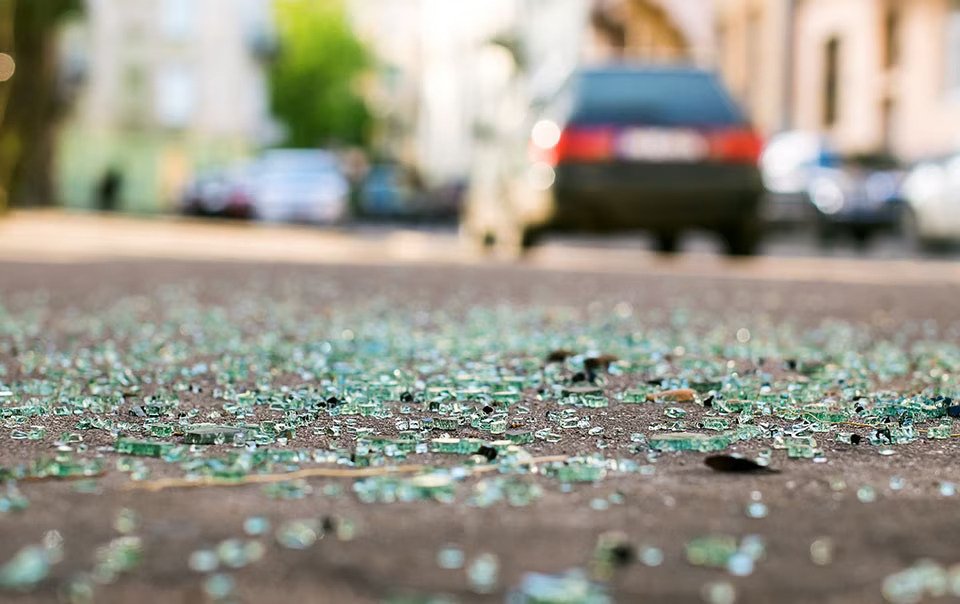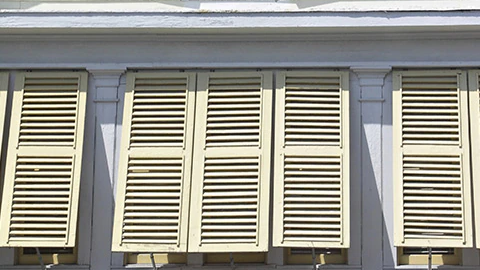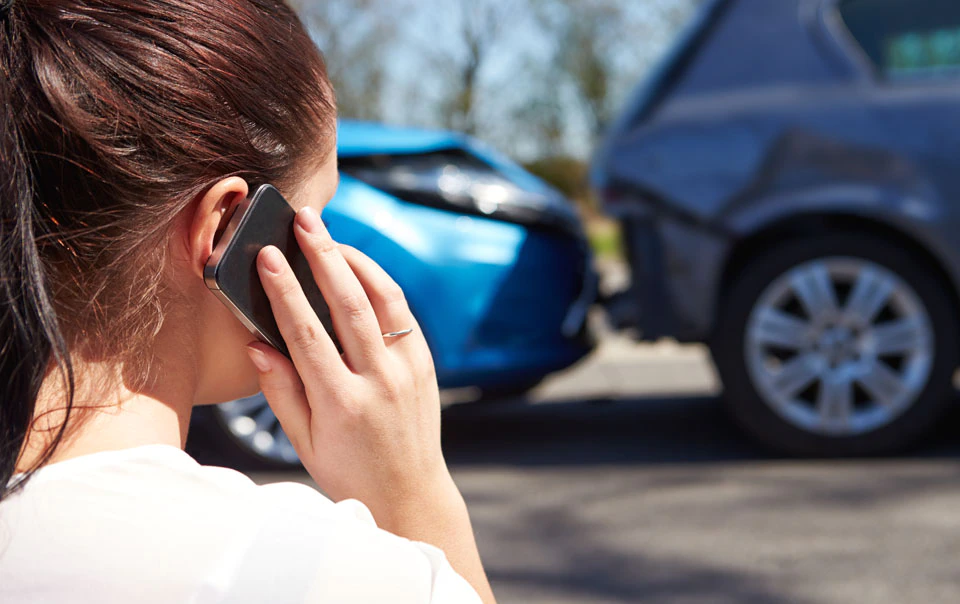10 Common Rental Property Repairs Landlords Need to Know About
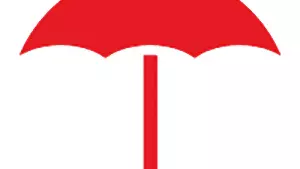
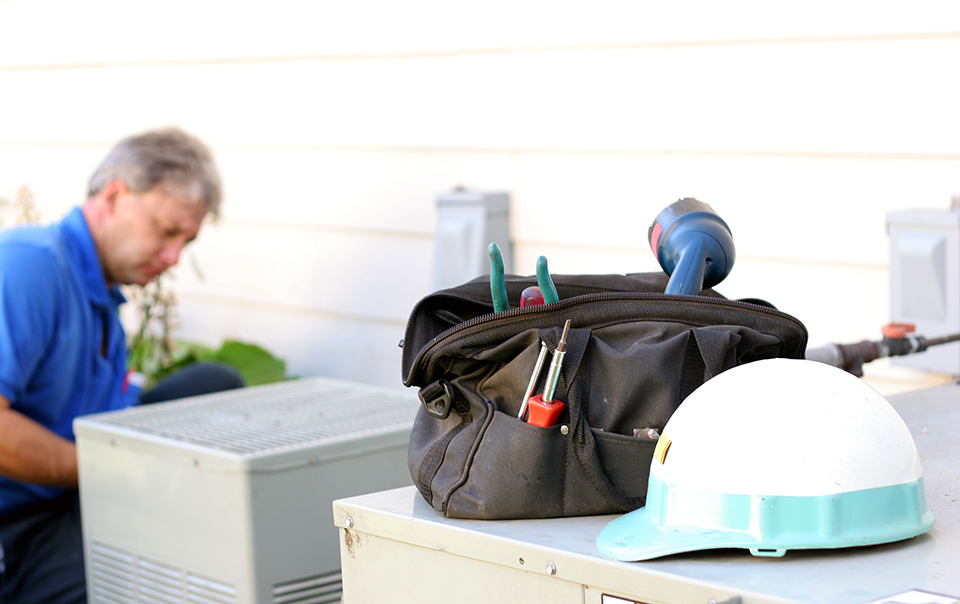
As a landlord, you have numerous responsibilities. Successfully managing your property means staying on top of maintenance, investing in the right protective measures and ensuring tenants are sticking to the rules. But sometimes, despite your best efforts, urgent and unexpected issues arise.
To protect your rental property and reduce your risk of facing costly damages, it’s crucial to stay informed and prepared.
Here are 10 of the most common rental property issues that landlords experience, and some ways to help prevent and solve them:
1. Smoke Detectors
When they’re working correctly, smoke detectors provide early warnings that could help save lives and protect property. As a landlord, it’s critical that you install fully functioning smoke detectors in your rental properties – especially in bedrooms and hallways. And because smoke can travel slowly, it’s also vital that you install smoke detectors on every level of your rental properties. The earlier you or your tenants discover a fire, the more opportunity you’ll have to minimize injuries and damage.
Of course, a smoke detector is only beneficial when it’s fully operational. To ensure your fire detection equipment is properly functioning, the National Fire Protection Association (NFPA) recommends testing batteries monthly and replacing smoke detectors every 10 years.1
It’s also helpful to know that some smoke detectors make a beeping or chirping noise when their batteries are running low. Ask tenants to let you know when this happens, so the batteries can be replaced immediately.
2. Water Leaks
It should come as no surprise that water leaks are among the most common issues that landlords encounter. After all, there are many places a water leak can occur, and just as many causes – from roof damage and failed weather stripping to poorly fitted pipes, a broken appliance or a forgetful resident who left a faucet running.
To help reduce unexpected issues, be sure to replace old weather stripping around doors and windows, and look for signs of water damage in your rental property, which can lead you to undetected leaks. Also, consider installing water sensors that can help detect leaks early so you can reduce the likelihood of major damage.
When a leak occurs, do your best to identify the cause, turn off the water source (if possible) and call the appropriate professional. For example, if it’s a leak in the ceiling, you may need to call a roofer to inspect and patch your roof.
3. Water Heaters
If your rental property’s water heater isn’t working, rest assured you’ll hear about it quickly. Nobody likes to take a cold shower.
Replacing the entire system can be a significant investment, but there’s also a good chance it’s a simple fix, like relighting the pilot light or replacing a heating element. Either way, it’s important to call a professional to inspect the rental property before you assume it’s beyond repair.
It’s also a good idea to hire a professional to perform annual maintenance on your water heater, such as draining the water to eliminate sediment buildup.
4. HVAC
Systems Heating and cooling systems involve highly complex machinery, with many moving parts and functions. If you don’t have your heating and air conditioning equipment inspected, cleaned and tuned at least once per year, you and your tenants may face frustrating issues when temperatures skyrocket in the summer and drop in the winter.
However, even if you stay on top of routine HVAC maintenance, there’s still a chance something could go awry – and you’ll need to remedy the situation fast. While laws vary, many states require landlords to provide heat as part of their warranty of habitability.2
5.Pipes
Pipes can freeze, swell and burst, crack, clog or become disconnected due to a worn-out washer. And when any of these instances occur, it’s up to you to make sure they’re fixed by calling in a licensed plumber.
Always ask tenants to let you know if they discover dripping or wet spots below pipes (such as under a sink), as this could indicate a disconnection at the joints. Even small leaks can cause significant damage if ignored too long.
Additionally, ask your tenants to do their part to keep pipes from freezing during colder months. For example, it’s critical they keep the thermostat set to a minimum of 55°F and let water drip from faucets when outdoor temperatures fall below 32°F.
6.Garbage Disposals
Garbage disposals are convenient when they work, but can quickly become a nuisance for landlords. That’s because tenants may drop items down disposals that don’t belong there – such as bones, egg shells, coffee grounds, grease, fruit pits and certain highly fibrous vegetables, like celery and potato peels.
The best way to reduce the number of garbage disposal repairs is to educate your tenants on how best to use them. But, in addition to user mistakes, garbage disposals may also stop working because the blades have become rusted or because the motor has burned out. In these cases, it’s best to hire a professional to identify the problem and replace the necessary equipment.
7. Toilets
Toilets are a frequent source of headaches for landlords – primarily when, as with garbage disposals, people drop things into them that aren’t meant to be there. Baby wipes, cleaning pads, cotton balls and paper towels can all wreak havoc on your plumbing system and septic tank, so it’s crucial to remind your tenants not to flush them. In some cases, clogs can be plunged out, but for more severe cases, you may need a professional plumber to remove the unwanted items.
Additionally, toilet tanks hold a series of plastic and metal devices that can snap, bend or become disconnected. These issues are generally easy and inexpensive to fix, though it’s still a good idea to call a professional.
8. Electrical Work
As a landlord, it’s vital you take electrical safety seriously. Home electrical fires account for as many as 51,000 fires each year, 500 deaths and $1.3 billion in damage, according to the Electrical Safety Foundation International (ESFI).3
To strengthen your protection against property fires, consider investing in ground fault current interrupter (GFCI) outlets and tamper-resistant (TR) receptacles. Additionally, you may want to hire an electrician to install arc-fault circuit interrupters (AFCIs) to reduce the risk of a fire resulting from home wiring issues, like sparking and arcing.
Remind tenants to always turn off appliances before unplugging them, avoid plugging in more than one high-voltage appliance into an outlet at once and use the appropriate lightbulb wattage. Ask them to report any instances of sparking appliances, flickering lights, warm wall outlets or blown fuses, as this could be indicative of a more serious electrical issue.
9. Pests
Termites, ants, roaches, rats, mice and other bugs and rodents can cause extensive and costly damage to your rental property. To help prevent infestations, it’s important to keep up with regular pest control services. It’s also helpful to remind tenants that leaving out food and sugary beverages and failing to regularly take out the trash can attract insects and rodents.
If you or your tenant begins noticing pests or signs of pests (such as droppings or damage), it’s important that you handle the issue immediately. The longer an infestation continues, the worse it can become.
10. Drywall
When tenants move out of a rental property, it’s not uncommon to find drywall damage – usually from heavy wall-hangings or accidents. In most cases, drywall can be patched quickly and easily. But larger holes may require drywall replacement, which is slightly more time-consuming.
Experienced landlords know that while preparation is essential, there’s no way to anticipate every issue that can go wrong. And just when you think you’ve seen it all, you’re confronted with a new and potentially expensive problem. That’s why it’s imperative that you invest in reliable landlord insurance. By taking the right preventive measures, consistently communicating with your tenants and choosing appropriate coverage, you’ll be in a better position to tackle the common issues that could occur with your rental properties.
To learn more about protecting your properties with landlord insurance, contact your Travelers agent today.
Learn more about how to protect your rental properties with Travelers’ Landlord Insurance.
Sources:
1 https://www.nfpa.org/Public-Education/Staying-safe/Safety-equipment/Smoke-alarms
2 https://www.nolo.com/legal-encyclopedia/free-books/renters-rights-book/chapter7-2.html
3 https://www.esfi.org/resource/home-electrical-fires-184

